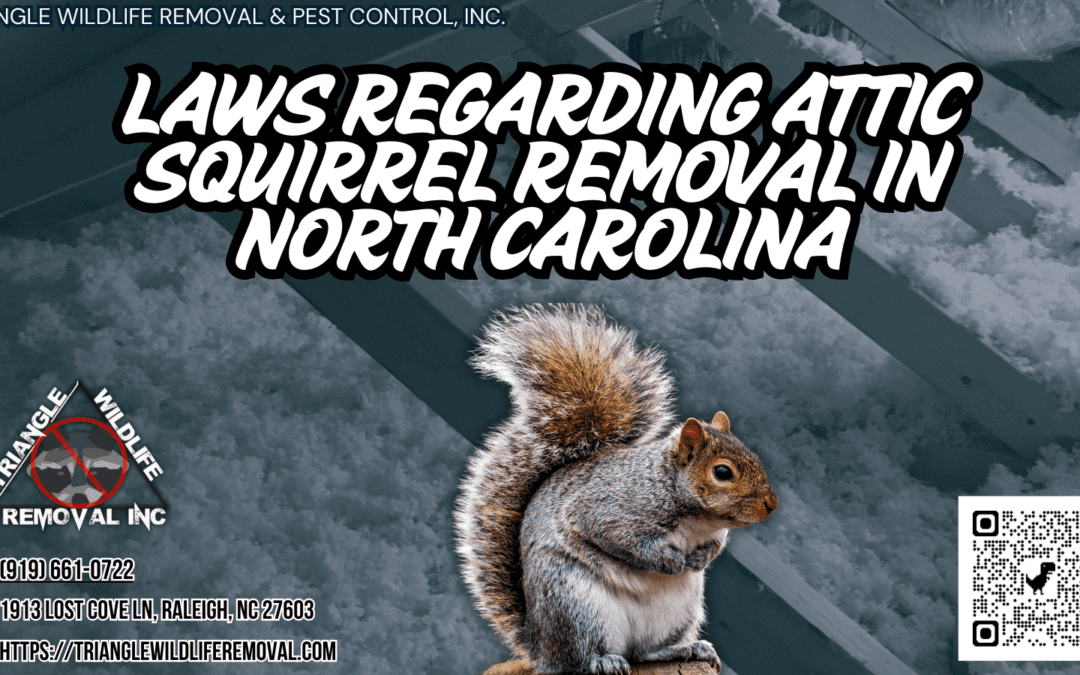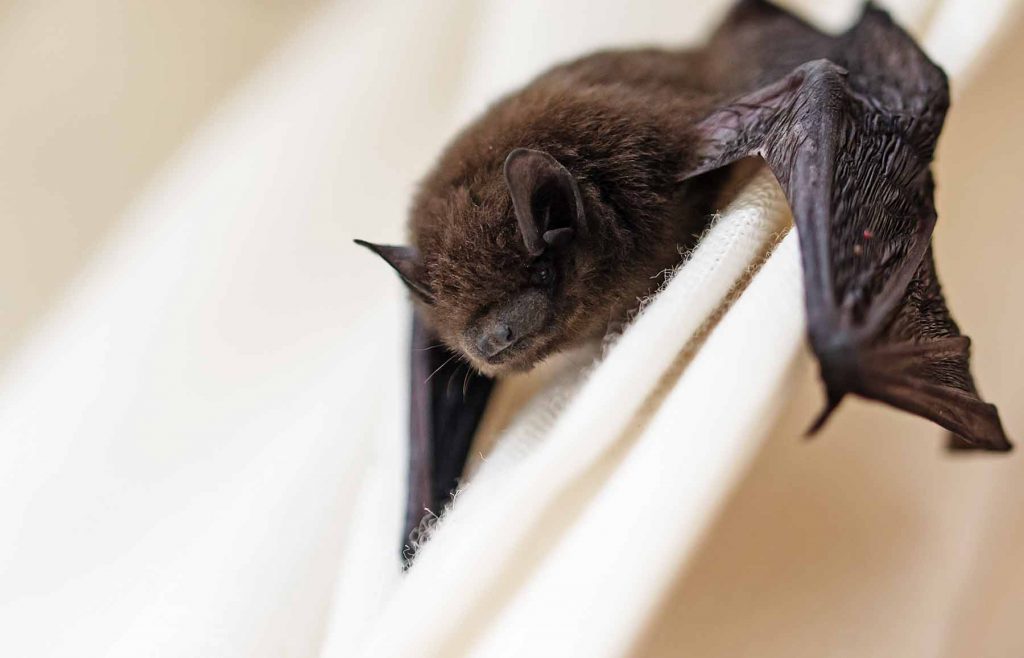Understanding the legal framework around removing squirrels from your attic in North Carolina is crucial for homeowners and professionals alike. From specific regulations governing wildlife removal to the necessary permits and humane trapping methods, navigating the laws surrounding this issue can be complex. Moreover, the implications of non-compliance with these laws can have serious consequences. It is essential to be well-informed and prepared when addressing attic squirrel infestations in North Carolina to ensure compliance and ethical treatment of wildlife.
Key Takeaways
- North Carolina emphasizes ethical wildlife relocation for squirrel removal.
- Compliance with permits and licenses is essential for legal squirrel removal.
- Humane trapping techniques and safe handling are required by law.
- Effective exclusion methods in attics prevent squirrel re-entry and legal consequences.
State Regulations on Squirrel Removal
In North Carolina, regulations governing squirrel removal from attics are outlined to protect both the animals and property owners. Wildlife relocation and ethical considerations are key aspects of these regulations. When dealing with squirrel infestations in attics, it is essential to consider the well-being of the animals while also ensuring public safety and effective squirrel population control.
Ethical considerations play a crucial role in the process of squirrel removal. It is important to handle the situation with care and respect for the wildlife involved. Wildlife relocation should be done in a humane manner to minimize stress and harm to the squirrels being removed from attics.
Furthermore, public safety is paramount when addressing squirrel infestations. Squirrels in attics can cause damage to property and pose potential health risks. By implementing regulations for squirrel removal, North Carolina aims to safeguard both the well-being of its residents and the local ecosystem. Proper management of squirrel populations also helps maintain ecological balance and prevent conflicts between humans and wildlife.
Permits and Licensing Requirements
Compliance with relevant permits and licensing requirements is essential for individuals engaged in squirrel removal activities in North Carolina. When it comes to wildlife rehabilitation or pest control involving squirrels, specific permits may be necessary to ensure that the removal process is conducted legally and ethically. In North Carolina, the Wildlife Resources Commission oversees the regulations concerning wildlife removal, including squirrels.
For those involved in wildlife rehabilitation, obtaining the appropriate permits is crucial. These permits are designed to ensure that the animals are handled properly and that their welfare is prioritized during the removal process. On the other hand, individuals or companies specializing in pest control must also adhere to licensing requirements set forth by the state. Such regulations are in place to guarantee that pest control activities are carried out safely and effectively.
Whether you are engaged in wildlife rehabilitation or pest control, it is imperative to familiarize yourself with the permits and licensing requirements in North Carolina to operate within the bounds of the law. Failure to comply with these regulations can result in legal consequences and penalties.
Humane Trapping Methods
When ensuring the ethical and legal removal of squirrels in North Carolina, employing humane trapping methods is paramount to safeguard both the animals and the environment. To achieve this goal, here are some key considerations for humane trapping methods:
- Ethical relocation: It is crucial to relocate captured squirrels to suitable habitats where they can thrive without causing harm.
- Safe handling: Proper handling techniques are essential to prevent injuries to both the trapper and the squirrels.
- Use of live traps: Live traps allow for the safe capture of squirrels without causing them harm, enabling their release back into the wild unharmed.
- Regular monitoring: Traps should be checked frequently to ensure that any captured squirrels are promptly released, minimizing stress and discomfort.
Exclusion Techniques for Attics
Utilizing effective exclusion techniques is essential for preventing squirrels from re-entering attics after humane removal in North Carolina. Implementing proper prevention measures is crucial for successful wildlife management. One of the most common ways to exclude squirrels from attics is by sealing all entry points with durable materials. Inspecting the attic for any openings and sealing them off is a proactive approach to prevent squirrels from returning. Additionally, trimming tree branches that provide easy access to the attic can also deter squirrels from entering the space.
To further illustrate some exclusion techniques, here is a table highlighting additional methods:
| Exclusion Techniques | Description | Effectiveness |
|---|---|---|
| Seal Entry Points | Close off all openings with sturdy materials | High |
| Trim Tree Branches | Remove overhanging branches near the attic | Moderate |
| Install One-Way Doors | Allow squirrels to exit but not re-enter | High |
Legal Consequences of Non-compliance
Failure to adhere to the laws regarding attic squirrel removal in North Carolina can lead to significant legal consequences for property owners. Non-compliance may result in fines, penalties, liability, and other consequences that can have lasting effects on individuals and their properties. It is crucial for property owners to understand and follow the regulations set forth by the state to avoid facing these potential legal ramifications.
Legal Consequences of Non-compliance:
- Fines: Property owners who fail to comply with the laws on attic squirrel removal may face substantial fines.
- Penalties: Non-compliance could lead to additional penalties imposed by the authorities.
- Liability: Property owners may be held liable for any damages or issues that arise due to improper squirrel removal practices.
- Consequences: The repercussions of not following the laws can include legal actions, further expenses, and reputational damage.

